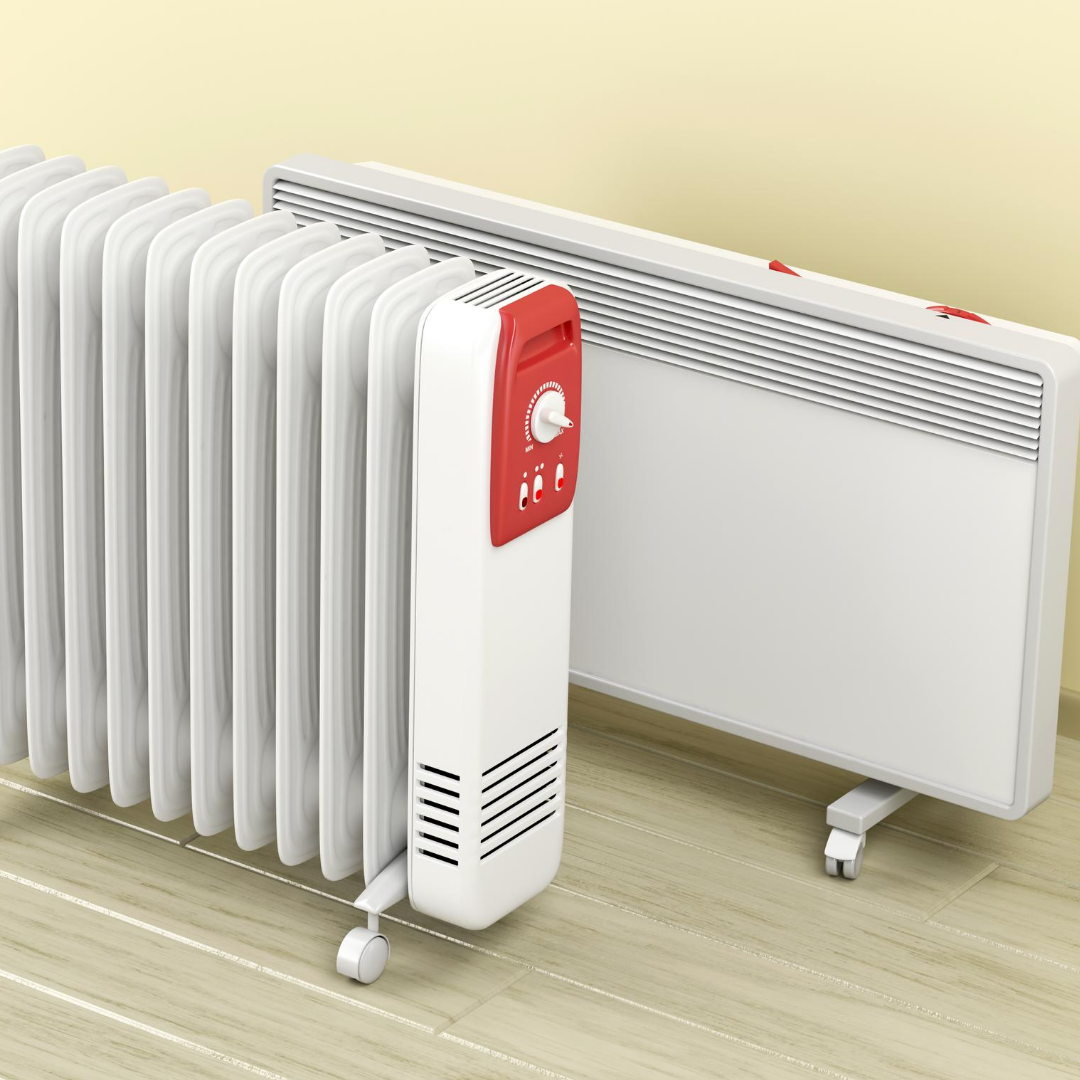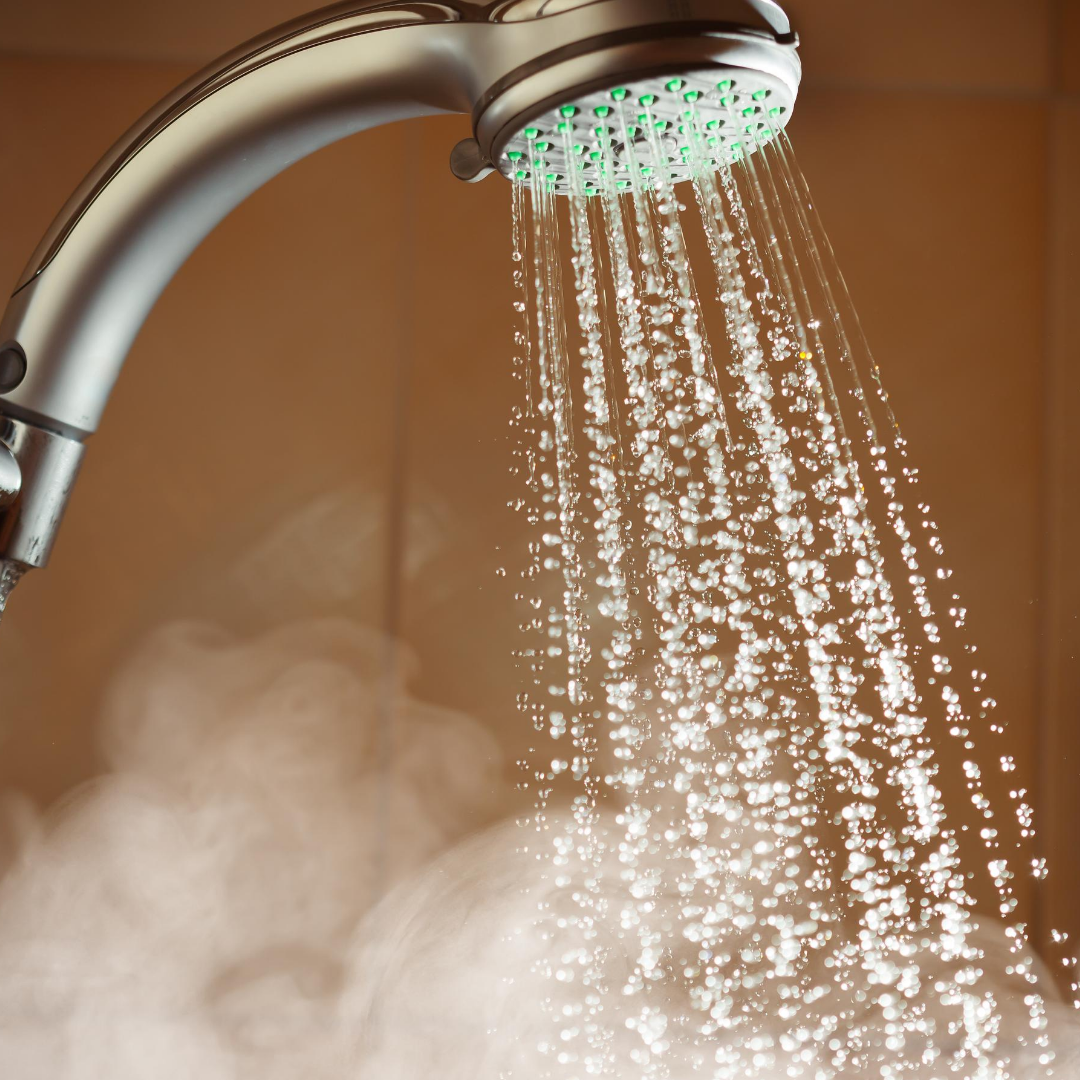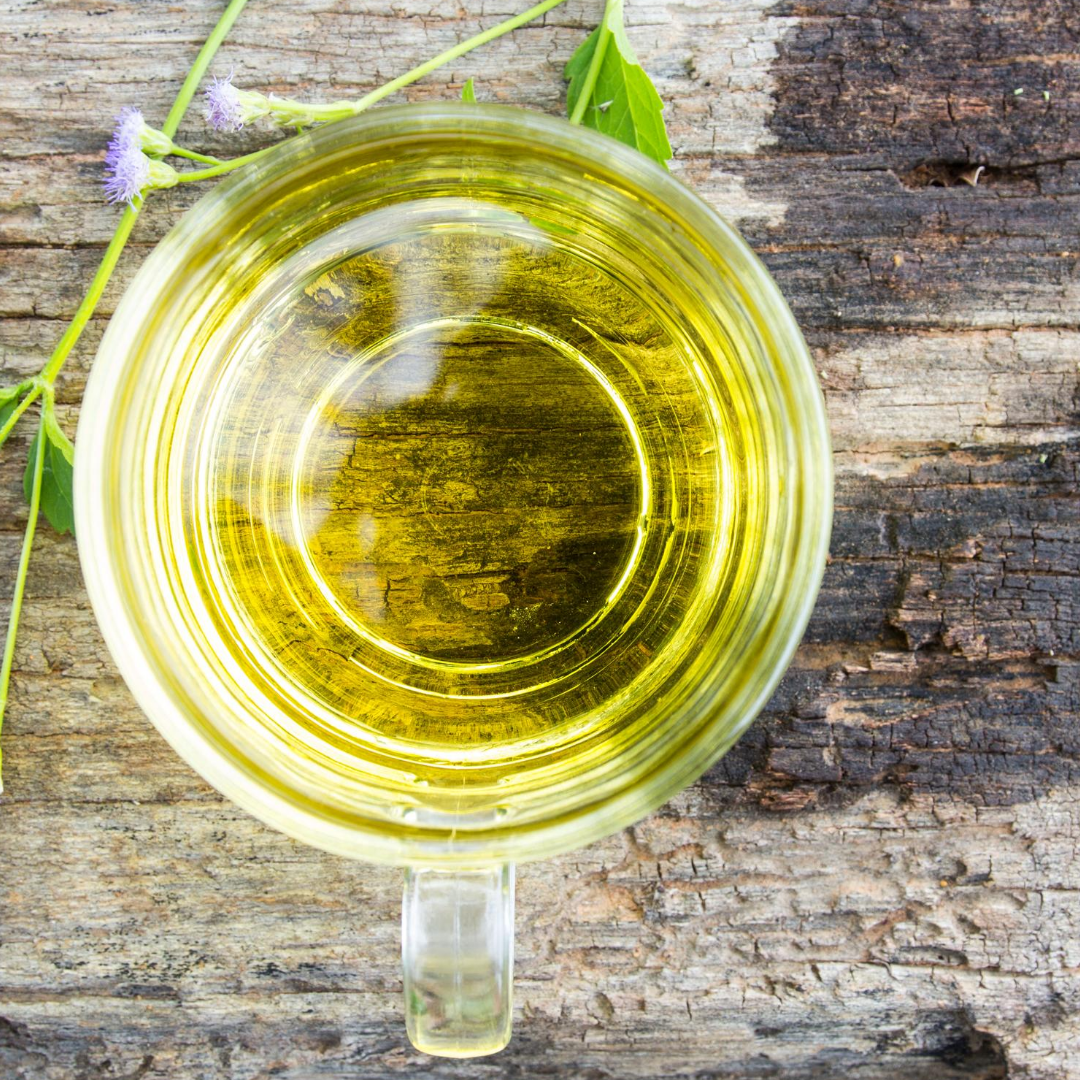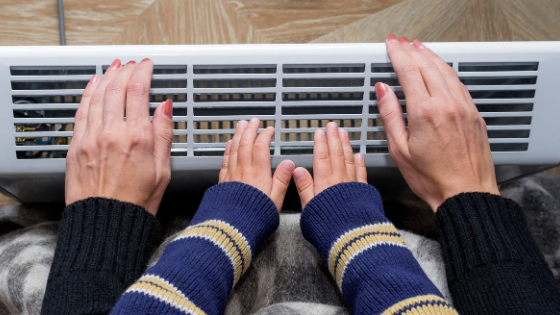Flaky, red, cracked, itchy skin. Sound familiar? You could be experiencing the winter dry skin blues – dryness is a common side effect of the colder months. Any skin type can experience increased dehydration and dryness during winter.
If you already have a dry skin condition or ageing skin, you need to be extra vigilant about keeping hydration and moisture levels topped up.
It’s important to take a holistic approach to combat dryness – your skincare routine is only part of the answer. The foods you eat and the indoor environments you spend the most time in also play a major role in skin dryness.

Combat dry air in your home and office
A drop in humidity is the main culprit for your dry winter skin.
Cold air doesn’t hold moisture like warm air does. Humidity levels drop in the cooler months meaning air is much ‘drier’ than in summer.
Any form of heating be it wood, gas, or reverse cycle, only makes things worse. The dry air draws moisture from anywhere it can – including our skin.
A few simple ways you can combat moisture loss indoors:
- Keep moisture circulating in the air by putting a jug of water near an air vent or the heater.
- A humidifier will also boost moisture levels in the air.
- Use ultra hydrating products in the shower. Your skin needs as much hydration support as it can get.
- Increase your water intake. Hot water counts too and a great way to boost hydration is sipping tea which is more inviting than a cold glass of water during the cooler months!
Diet tips for ageing skin to tackle dryness
Many good things come with getting older, but unfortunately, increasingly supple skin isn’t one of them!
As we age, our skin naturally becomes drier. The cells in our body are coated in a fatty acid which holds the moisture in our cells. This fatty acid starts to thin as the years tick by and also dries out and in the cooler months – dealing with low humidity exacerbates age-related dryness.
Boost your intake of essential fatty acids
Making the right food choices to keep your essential fatty acid intake up is important – there’s a reason they’re called ‘essential’
Whipping up salad dressings with nut oils such as olive, macadamia, walnut, hemp or avocado oil is a simple way to incorporate healthy fats into your diet. So is filling your plate with fatty fish, nuts and seeds like macadamias and walnuts.
Sip your way to hydration
A trick I love in the colder months is adding a piece of mandarin peel to a cup of hot water and letting it sit a little while. It adds a lovely citrus flavour.
Or opt for tea. A cup of herbal tea won’t only warm you up, the right blend of herbs can have good health benefits too!
Serve up soups
Chunky soups and broths are an excellent way to increase the amount of hydration and nutrients to drier, ageing skin.
Try to avoid pre-packaged soups. They’re usually sky-high in salt and cause fluid retention which is different from hydration.

A hot shower is lovely…but is it hurting your skin?
I jokingly say “I chose not to have children so I can have their share of the hot water”
It’s not entirely untrue, I do love to linger longer in the shower and tub!
In winter, there’s nothing nicer than the idea of hopping into a nice hot shower or soaking for hours in a scrumptious bathtub.
But it’s not always a good choice for our skin – particularly in the colder months.
Spending more than 10 minutes in a shower can increase the dryness of the skin, especially if you are already prone to dry skin or dry skin conditions like eczema.
Here’s how to balance out your love of a hot shower or bath and caring for your skin.
- Always use a hydrating soap or wash.
- Reduce the temperature of your long shower a little to balance it out
- Add bath oils to help the hydration, bath salts or even herbal tea bags (they are great!) when you soak in the tub.
- Pop some calming herbs into a muslin bag and hang it over the tap while the bath fills.
Top it off with a drop or two of essential oils suited to dry skin, Myrrh and geranium are good choices. You’ll treat your senses and your skin.
Pay attention to how you towel off too
Towelling yourself off vigorously can lead to dryness too. The towel fibres (even soft ones!) can cause dryness and flakiness as they move back and forth across the skin surface.
Where possible pat your body dry – as you would your face – to minimise irritation to the skin.
Here’s a tip I love for those old towels that have become scratchy – use a product called washing soda!
It’s a classic product you’ll probably find hiding on the bottom shelf at the supermarket. Perfect for softening towels without the chemicals – better for your skin and the environment.
Watch out for this ingredient – it will dry skin out!
With everyone doubling down on hand washing due to COVID, the toll some synthetic ingredients can take on the skin has become more apparent.
Cracked skin, irritation, and excessive dryness can all be the result of using products with ingredients that dry your skin out.
It’s not only handwashes, and sanitisers, you’ll find harsh ingredients that ‘strip the skin’ in all kinds of household products from body washes and shampoos to dishwashing detergents.
Always read the ingredients list carefully and follow this good rule of thumb; if you don’t know what an ingredient is, would you eat it? Probably not!
The same caution should apply to your skincare products. Many ingredients can be absorbed into the skin, no matter how ‘small’ the amount declared on the ingredient listing.
Try to use products with simple ingredients you understand. The BIG one to avoid is SLS – sodium Lauryl or Laureth sulphate.
This ingredient helps create a ‘foaming/bubbling effect’ but it can wreak havoc on skin, causing dryness and irritation – just to name a few concerns.

Are you hydrating with the right fluids?
How many glasses of water do you drink each day?
It’s easy to assume you drink more water than you actually do. Keep tabs on yourself for a day to see how much you really consume.
The hydration levels of your body play a major role in the health of your skin and combating dryness. If you find you fall a bit (or a lot!) short of the recommended ‘8 glasses a day’ here’s a few ways to stay on top of your hydration.
- As soon as you wake up, drink a large glass of water to get a good hydrating start to the day.
- Remind yourself to drink more by leaving a glass of water in an area you walk by a lot during the day. Drink it, refill and return it to the same spot.
- For every cup of black coffee or tea you drink, match it with a glass of water to combat any dehydration.
Eating water-rich food and sipping natural juices (with no additives) can also count towards your daily hydration target.
